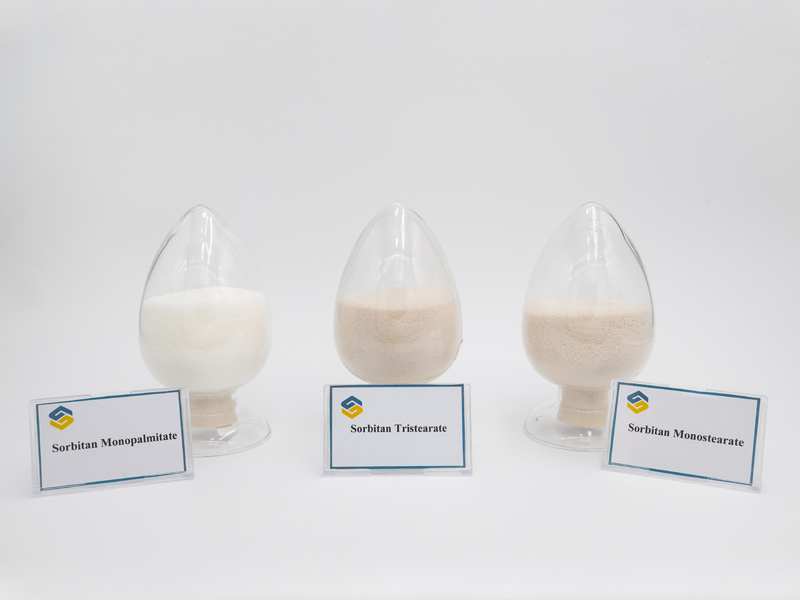
Monostearate de Sorbitane is a combination of two fatty acids: sorbitol and stearic acid. Sorbitol is a sugar alcohol that occurs naturally in fruits and vegetables or is synthesized from starch. It can also be made from sucrose (table sugar). Stearic acid is one of the fatty acids found in animal fats such as lard, tallow, and milk fat. Monostearate de Sorbitane is a synthetic non-ionic surfactant. It is used as an emulsifier and moisturizer in the cosmetics industry. Monostearate de Sorbitane is also used as an antistatic agent in hair care products, as well as in many other personal care products such as hand washes, body washes, and baby wipes.
Monostearate de Sorbitane is a food additive used to extend the shelf life of baked goods, candies, and icings. It also helps keep them moist and soft. Additionally, it is used in salad dressings, chewing gum, chocolate coatings, and ice cream mixes. Monostearate de Sorbitane is produced by reacting stearic acid with sorbitol or a mixture of sorbitol and glucose (disaccharides). The resulting product is then hydrogenated to produce a solid that can be used as an emulsifier or stabilizer.
Monostearate de Sorbitane is a common food additive used to reduce the fat content in foods. It is a combination of sorbitol and stearic acid. Monostearate de Sorbitane is created through a process called ester exchange, where stearic acid reacts with sorbitol.
Sorbitol: Sorbitol is a common sugar alcohol found in many foods and beauty products. It is also used in medications such as laxatives and cough syrups. It can be made from corn syrup, which is derived from corn starch or sucrose. Corn syrup is hydrogenated under high pressure, converting it into sorbitol.
Stearic Acid: Stearic acid is a saturated fatty acid found in many animal fats. It can be produced by treating vegetable oils with sulfuric acid to remove unsaturated fatty acids, then neutralizing the remaining stearic acid with sodium carbonate (soda ash) or sodium hydroxide (caustic soda). The salts of these two compounds, sorbitan monostearate and stearoyl lactate sodium, are used as emulsifiers in many processed foods, including baked goods, dairy products, and ice cream.